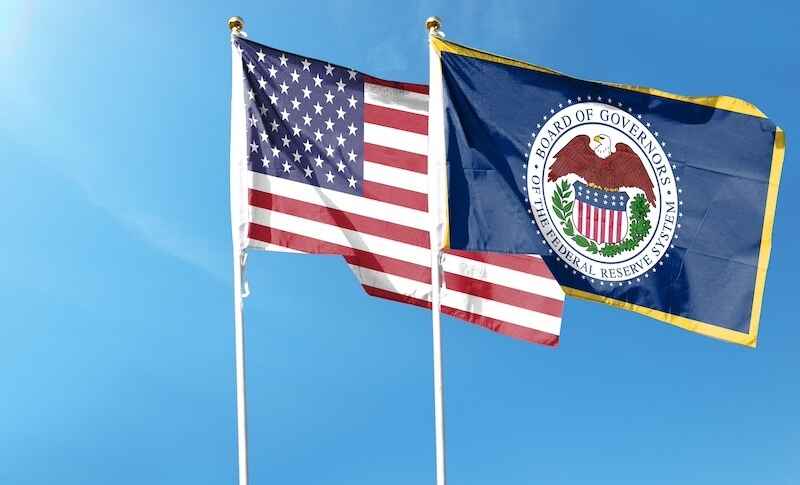Unlock the Editor’s Digest for free
Roula Khalaf, Editor of the FT, selects her favourite stories in this weekly newsletter.
The price of membership at Hong Kong’s most exclusive private clubs has fallen as much as 20 per cent on the secondary market over the past year, brokers said, as the city’s economy slows and well-heeled expatriates and residents leave the Chinese territory.
The Asian financial hub’s private membership clubs have been an integral part of its business community since the British colonial era, with some institutions enjoying significantly cheaper rents under agreements dating back decades.
Rules vary but individual and corporate club memberships typically require a hefty payment, and sometimes a long wait. Prices on the secondary market for memberships took a hit during the pandemic, as the territory’s tough zero-Covid policy drove many expats and residents away from the city. Prices have continued to fall even after Hong Kong’s lockdown rules ended.
Asking rates on the secondary market for a membership at the Aberdeen Marina Club, a 40-year-old private club that spans 550,000 sq ft and operates seven restaurants as well as sports and family facilities including an ice-skating rink and a bowling alley, plunged nearly 20 per cent to about HK$2.75mn (US$350,000) from roughly HK$3.4mn in early 2023, according to two brokerages that trade private club memberships. Prior to the pandemic, such memberships would have gone for up to HK$4mn, they said.
Membership of the Hong Kong Cricket Club, founded in 1851, now changes hands for about HK$1.1mn, down from HK$1.4mn early last year, according to Everfine Membership Services, another broker.
At the Kowloon Cricket Club, memberships are changing hands on the secondary market for about HK$900,000, brokers said, down from more than HK$1mn early last year. Membership at Discovery Bay Golf Club dropped to HK$2.8mn from more than HK$3.1mn over the same period, they said.
The sense of crisis at the city’s clubs broke into the open this month when the nearly century-old American Club asked its non-US members to pay as much as HK$1.5mn to retain their membership or leave the club, a move in part designed to help it maintain its non-profit tax status. The club backtracked after a negative response from members.
“Desire for memberships has been hit by the poor economic sentiment,” said Bena Wong, a membership consultant at Fuji Consultants, a brokerage that trades private club memberships. “People are no longer splashing money.” Fewer mainlanders were looking for membership thanks to the economic slowdown in China, he added.
The downsizing or departure from the territory of some multinationals, which often hold corporate memberships, has also put pressure on prices. The number of companies with regional headquarters in Hong Kong fell to 1,336 last year from 1,541 in 2019.
“The market has been quiet,” said Tony Chan, sales director at Everfine Membership Services. “Some members have moved overseas, while companies have moved their base elsewhere.”
“The second-hand market is very much reflective of the economy,” said a former banker in Hong Kong who holds four private club memberships.
French bank Natixis forecasts Hong Kong’s economy will grow 2.6 per cent this year, following a less than expected 3.2 per cent expansion last year.
Authorities in the territory have been attempting to attract more wealthy individuals and professionals, including by offering tax incentives for family offices.
Hong Kong’s government in March restarted a capital investment immigration scheme for those willing to invest HK$30mn in the city, which has attracted many mainlanders, even though the scheme is only open to mainlanders who are permanent residents of a foreign country.
“The weak economy has taken a toll [on membership prices],” said Raymond Kwok, founder of brokerage BA Marketing & Co. “But when prices drop to a certain level, it will stabilise and possibly rebound.”
Credit: Source link














